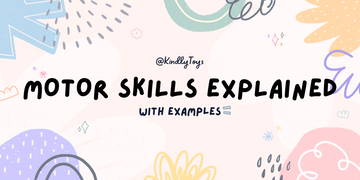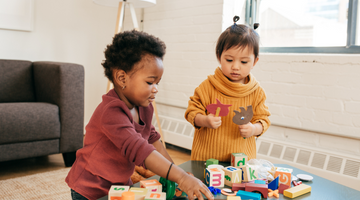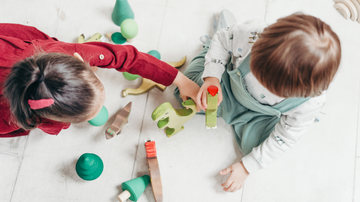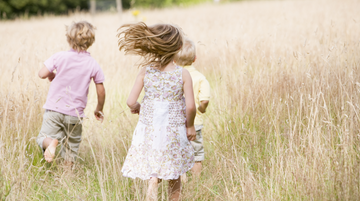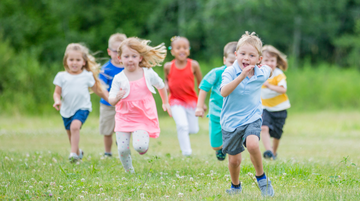What Are Motor Skills?
It’s true that children grow and develop rapidly in their first five years across the four main areas of development. These areas are motor, cognitive, language and lastly social, or emotional.
So what exactly are motor skills? Motor skills are the skills that enable the movements we do every day. Motor development means the physical growth and strengthening of a child’s bones, muscles and ability to interact with their surroundings. There are 2 types of motor (movement) skills: fine motor skills and gross motor skills. And while fine motor skills refers to the use of hands and fingers to control smaller objects, gross motor skills involve the coordination of larger muscles in the body to make larger movements.
Examples of Gross and Fine Motor Skills
Fine Motor Skills
Fine motor activities are the small movements that use the small muscles of the fingers, toes, wrists, lips, and tongue. They also often require coordinating movements of the hands and fingers with the eyes, which is known as hand - eye coordination. Some examples of fine motor skills in toddlers are:
- Transfering objects from one hand to another
- Grasping and holding onto objects
- Turning pages in a book
- Drawing or painting
- Feeding themselves by using hands or spoons
- Self - care activities such as dressing, tying shoelaces, brushing teeth, etc

Gross Motor Skills
Gross motor skills are movements that involve large muscle groups of the body, in the arms, legs, torso, and feet. These movements include balancing, walking, kicking, jumping, and climbing stairs. Similar to fine motor activities, some gross motor activities also involve eye-hand coordination, such as throwing or catching a ball. Some examples of gross motor skills in young children are:
- Rolling over, crawling
- Sitting without support
- Climbing stairs or onto furniture
- Walking or running
- Riding a tricycle
Why Are These Skills Important?
As we can see, these motor skills will enable every movement children need for everyday tasks, from feeding themselves to moving from place to place. These motor skills set the foundation for children to carry out more complex tasks and actions later on in life. As a result, it is incredibly important to help children practice their motor skills through daily activities. If a child has good motor control, he/ she will be able explore the world around them freely and excitedly, which will also help with many other areas of development.

